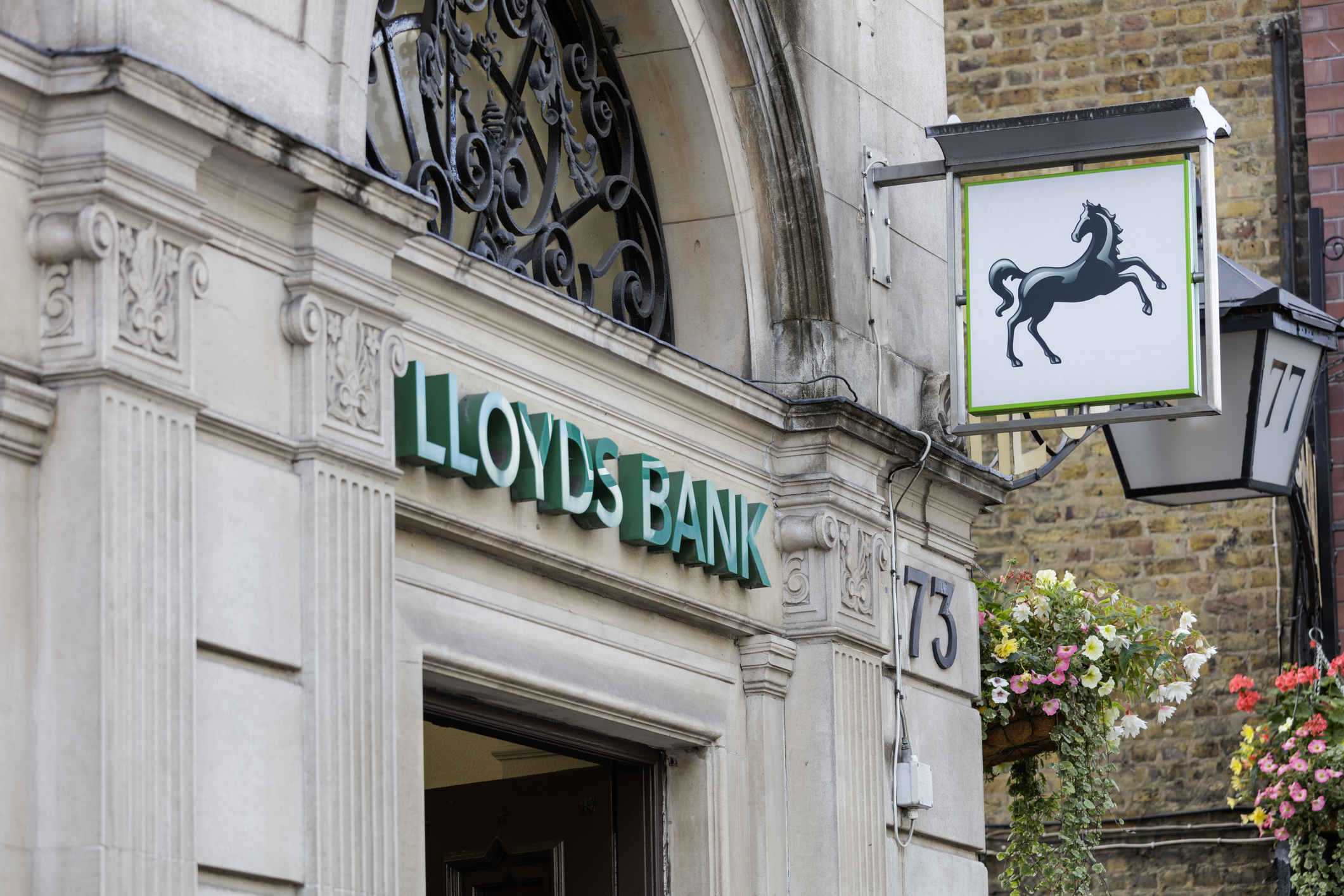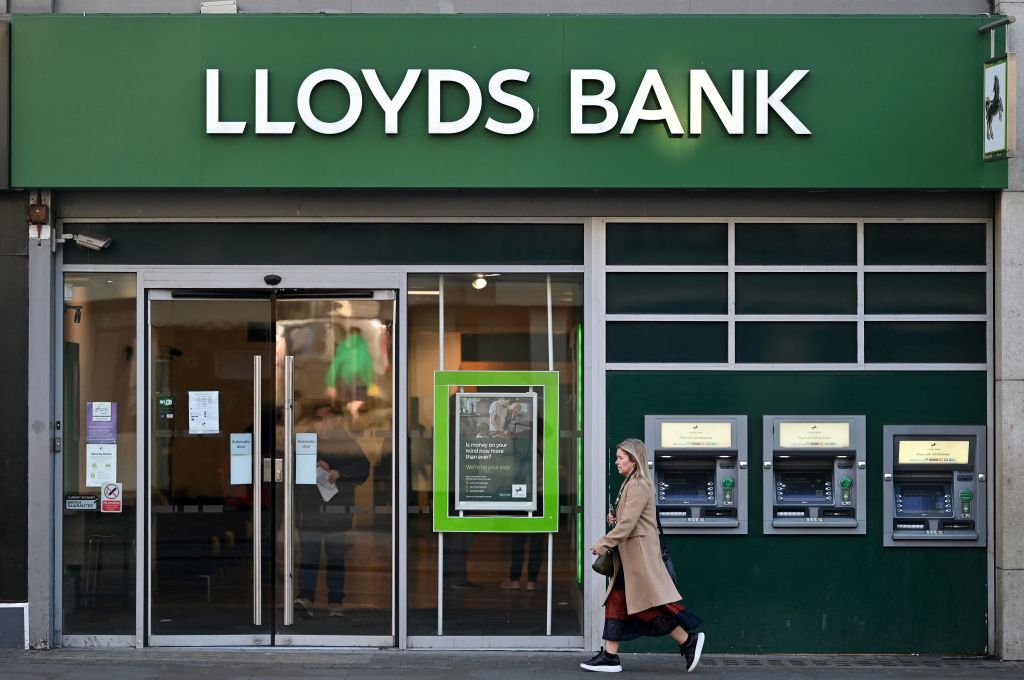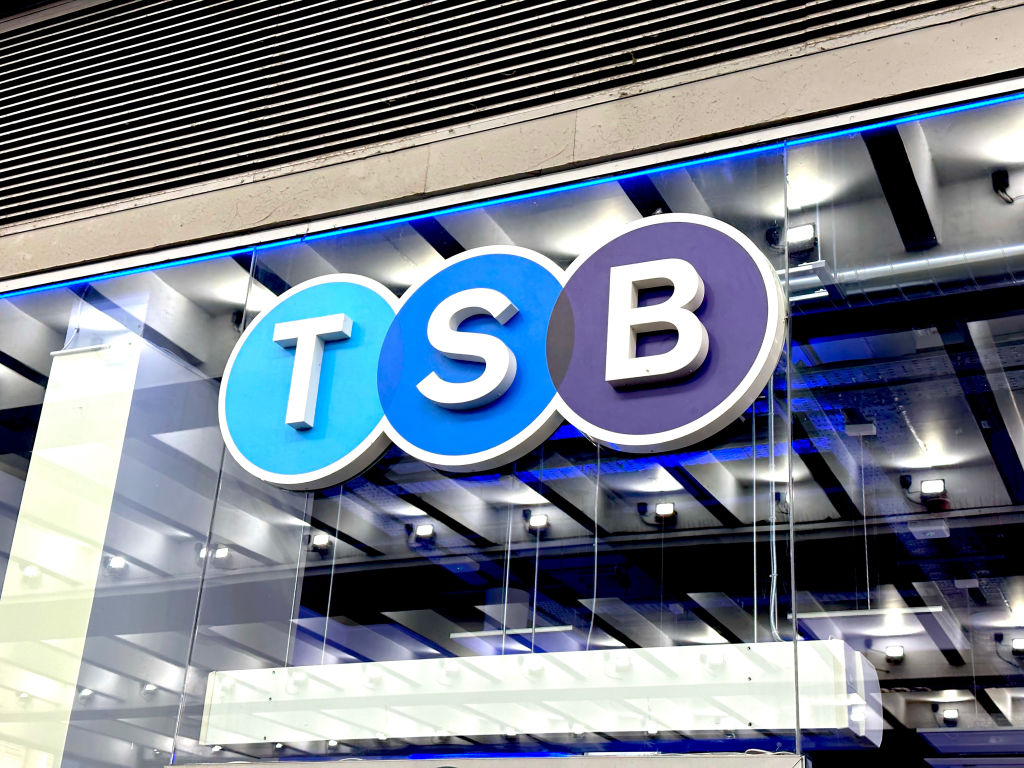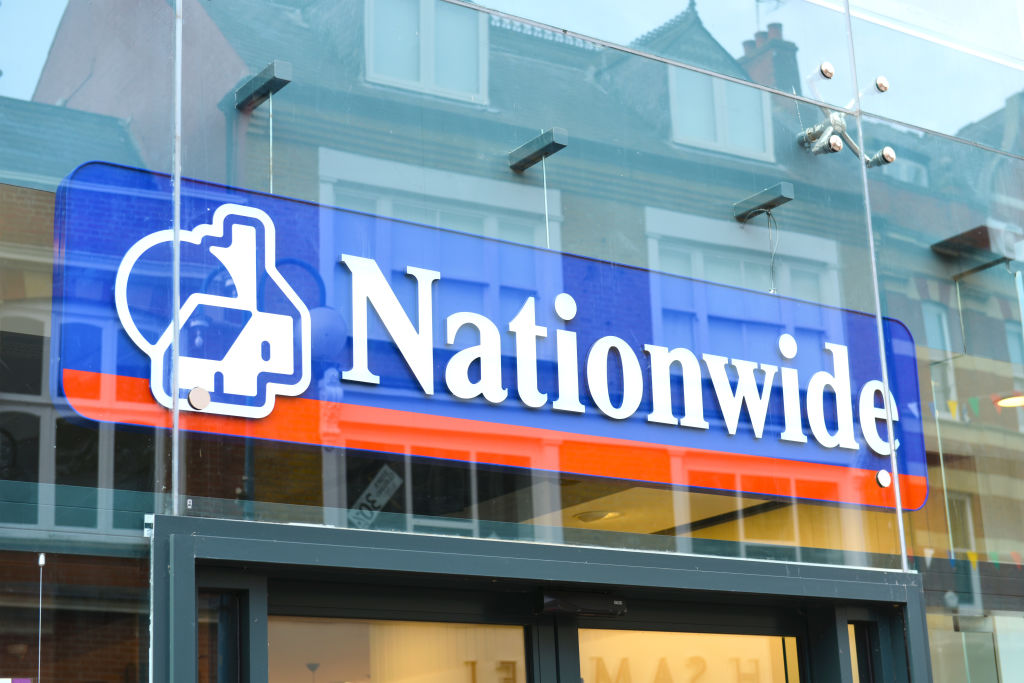Why it’s high time to move banks
Competition for your current account is finally emerging in the British market. We almost have an obligation to take advantage of that, says Merryn Somerset Webb. So get on with it.

Get the latest financial news, insights and expert analysis from our award-winning MoneyWeek team, to help you understand what really matters when it comes to your finances.
You are now subscribed
Your newsletter sign-up was successful
Want to add more newsletters?

Twice daily
MoneyWeek
Get the latest financial news, insights and expert analysis from our award-winning MoneyWeek team, to help you understand what really matters when it comes to your finances.

Four times a week
Look After My Bills
Sign up to our free money-saving newsletter, filled with the latest news and expert advice to help you find the best tips and deals for managing your bills. Start saving today!
The last week has been all about current accounts. First the Co-op announced a deal in which it has bought 632 branches from Lloyds. That's nice for the Co-op (it got the lot for a mere £750m, or about half the branches' book value). It might also be nice for the consumers who are to be moved over (by the end of next year some time). The Co-op is still a mutual and, presumably as a result, has very high customer satisfaction ratings (it usually comes second to First Direct).
However, as my colleague Phil Oakley pointed out, it probably won't make much difference to the high street as a whole. Why? "Scour the best-buy tables and you'll struggle to find the Co-op listed." It might have polite call centre staff, but its interest rates and current accounts don't offer much its new customers don't already get from the much-loathed Lloyds.
With that in mind, I'm more interested in the new current account launch from Marks & Spencer. It isn't a free account. You can pay either £15 or £20 a month, in return for which you get afee-free overdraft (with no interest on the first £100), exclusive access to a 6% savings account in which you can deposit a maximum of £250 a month, and a variety of benefits. Pretty much all financial journalists have pronounced it to be dreadful. Ruth Jackson, writing in MoneyWise, sums up the general feeling: her view is that the account shows M&S "jumping on the profit bandwagon" that is packaged accounts, "along with the high-street banks". I'm not sure that's entirely fair.
MoneyWeek
Subscribe to MoneyWeek today and get your first six magazine issues absolutely FREE

Sign up to Money Morning
Don't miss the latest investment and personal finances news, market analysis, plus money-saving tips with our free twice-daily newsletter
Don't miss the latest investment and personal finances news, market analysis, plus money-saving tips with our free twice-daily newsletter
Take the £15 account: it costs £180 a year, but you get 48 hot drink vouchers (value £127), a birthday gift (£10), more vouchers (£85), and if you use an M&S debit card when you shop, even more vouchers. If you sign up now you'll also get some extra 20%-off vouchers. That adds up to a minimum of £222. Clearly, if you don't love M&S, this isn't the account for you. But if you shop there all the time anyway and quite like coffees out, it surely is.
The real point, however and the reason to be pleased with a launch from the likes of M&S is that competition is finally emerging in the British market, and we almost have an obligation to take advantage of that. Just as you rather lose your right to stand around complaining about the government if you can't be bothered to make democracy work by voting, so you rather lose your right to complain about the banks if you can't be bothered to make competitive capitalism work by moving your account. So get on with it.
Get the latest financial news, insights and expert analysis from our award-winning MoneyWeek team, to help you understand what really matters when it comes to your finances.

-
 Early signs of the AI apocalypse?
Early signs of the AI apocalypse?Uncertainty is rife as investors question what the impact of AI will be.
-
 Reach for the stars to boost Britain's space industry
Reach for the stars to boost Britain's space industryopinion We can’t afford to neglect Britain's space industry. Unfortunately, the government is taking completely the wrong approach, says Matthew Lynn
-
 Thousands of Brits switch to Nationwide, Monzo and NatWest – which banks are least popular?
Thousands of Brits switch to Nationwide, Monzo and NatWest – which banks are least popular?We look at the most and least popular banks and building societies as current account bank switches reach a record high. Is it worth moving your money?
-
 Lloyds Bank returns with £175 bank switch bonus – is it worth moving banks?
Lloyds Bank returns with £175 bank switch bonus – is it worth moving banks?Lloyds Bank is offering customers £175 to move to one of its Club accounts. We look at whether it’s worth taking advantage of the bank switching bonus
-
 Best and worst UK banks revealed
Best and worst UK banks revealedWe reveal the best UK banks – and the worst – when it comes to managing your money and good customer service. How does your provider compare?
-
 Lloyds Bank unveils new pension service – is it any good?
Lloyds Bank unveils new pension service – is it any good?Lloyds is the first high-street bank to launch a ready-made pension service. How does it work, is it any good and who can save in it?
-
 iPhone users can now check bank balance from Apple Wallet
iPhone users can now check bank balance from Apple WalletNew tool aims to make it easier for smartphone users to track bank balance and spending
-
 TSB pulls £150 switching deal - what are the alternatives?
TSB pulls £150 switching deal - what are the alternatives?TSB has pulled its £150 switching offer, and while there are still other deals on the market, offering up to £200, you will need to act quickly to bag the free cash
-
 Nationwide launches £200 switching bonus - plus a linked 8% regular saver account
Nationwide launches £200 switching bonus - plus a linked 8% regular saver accountEarn £377 in one year with Nationwide’s new switching bonus and linked 8% savings account
-
 Watchdog summons banks to explain paltry savings rates
Watchdog summons banks to explain paltry savings ratesSavings rates trail mortgage rates - and the financial watchdog has summoned banks to a meeting amid concerns of profiteering.